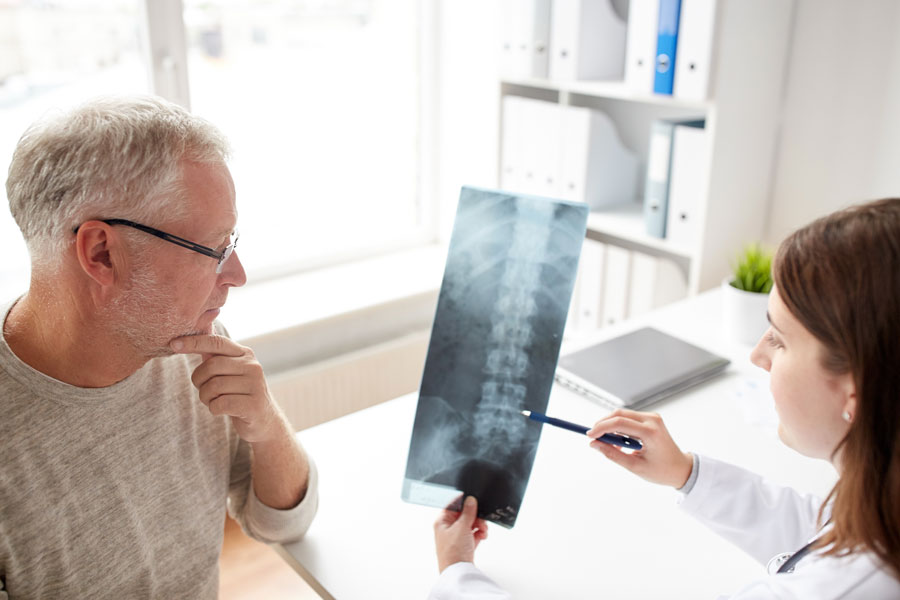What Are My Chances For Being Approved For Social Security Disability Benefits If I’ve Had Multiple Back Surgeries?

I’ve had a herniated disc and back surgery! I know all too well how difficult it can be to work after you’ve had back surgery.
While the Social Security Administration doesn’t make it easy for those who have had back surgery, benefits can be awarded. The Social Security Administration will use a 5 Step Sequential Evaluation to determine your eligibility for benefits.
What Is The 5 Step Sequential Evaluation?
This is a test used in all phases at the Social Security Disability claim from the initial application, request for reconsideration and even at a hearing in front of an Administrative Law Judge.
Step 1: Have you been out of work for at least a year? Or do you have a medical condition that will keep you out of work?
Even though you may have just had spine surgery, I suggest that you apply for Social Security Disability benefits because it takes so long to get through the Social Security claims process. Unfortunately, there can be complications from spinal surgery and, while I had a great result, not everyone does.
Step 2: Do you have a serious impairment?
The SSA wants to eliminate simple medical problems like strains and sprains. A herniated disc or back fusion are severe medical problems and you’d qualify at step 2.
Step 3: Do I meet a medical listing?
The Social Security Administration has created a medical listing based on anatomic criteria. There is a listing for back conditions and, if you meet that listing at Step 3, you’ll automatically be entitled to Social Security Disability benefits. However, you’ll have to meet every element of the listing. That could be difficult to prove because doctors didn’t go to medical school to write full reports that cover every element of the Social Security Disability listing.
If you don’t meet a listing at Step 3, the inquiry goes on to Steps 4 and 5 which are medically and vocational in nature.
 Step 4: Can I Return To My Past Relevant Work?
Step 4: Can I Return To My Past Relevant Work?
It’s crucial that your doctor document the objective basis of your medical complaints including, MRI’s, x-rays, CT scans and EMG and Nerve Conduction Study tests. It’s also crucial that your medical records document your symptoms and how those symptoms impact your ability to function. Why? The Social Security Administration will determine what your restrictions and limitations are as a result of your back condition or any other disabling condition. It’s very helpful to have your physician complete a Residual Functional Capacity form that sets forth how long you can sit, stand, stoop, bend and walk and whether you need breaks.
At Step 4 the Social Security Administration will look at the lightest job you’ve held in the fifteen years before you became disabled and ask whether you can still do that job in view of your restrictions and limitations. If you can prove that you can do your past relevant work, then the inquiry moves to Step 5.
Step 5: Is there any other work in the national economy that you can do in view of your age, education, training and transferable skills?
The reality is if you’re under age 55 your claim most likely will be denied if the medical and vocational evidence isn’t properly developed. Many vocational rehabilitation counselors will say that people under 55 can do a sedentary job. However, if you back condition limits your ability to sit and stand, requires frequent breaks, elevation of your legs or you’ll be off pace more than 20% of the time, you’ll have a good chance of getting your disability benefits.
If you’re 55 years or older the likelihood of your claim being approved is better, but, once again, it comes down to how well developed your medical records are, your report of your symptoms and functionality and your doctor’s willingness to complete a residual functional capacity form.
Don’t let the Social Security Administration deny your claim because your medical and vocational evidence hasn’t been properly developed. Call us today to setup a strategy to get your claim approved before you make a fatal mistake.




